We’re proud to offer specialist physiotherapy services designed to meet the unique health concerns women face. Whether you’re dealing with pregnancy-related musculoskeletal issues or pelvic floor muscle dysfunction, the Dynamic Physio team is here to help.
Read on to find out how women’s health physiotherapy can help you build strength and confidence and get you back to doing the things you love.
What can physiotherapy help with?
It’s no secret that pregnancy and birth put significant stress on the body. Physiotherapy supports you at every stage of your journey, empowering you to take ownership of your wellbeing during pregnancy, post-birth and beyond.
Antenatal
Significant hormonal changes occur during pregnancy as the body ramps up oestrogen and progesterone production. Ligaments and joints loosen, which can increase the risk of injury, while weight gain and changes to the breasts can significantly alter a woman’s posture.
Women’s health physiotherapy can help with many issues during the antenatal stage, including:
- Pelvic pain.
- Lower back pain.
- Lower abdominal pain.
- Abdominal separation.
- Incontinence towards the end of pregnancy.
- Deconditioning and dysfunction of the pelvic floor.
Postpartum
The first few weeks after giving birth are a blur. Your main priority will undoubtedly be taking care of your little one, but it is important to also look after yourself. Birth can be unpredictable and can affect your body in a variety of ways.
Physiotherapy can help with:
- Traumatic birth, including perineal tearing. Currently, third- and fourth-degree perineal tearing qualify for ACC funding.
- Strengthening and training of the pelvic area.
- Rebuilding body strength.
- Safely getting back into exercise after giving birth.
What is diastasis rectus abdominis?
Diastasis rectus abdominis, otherwise known as abdominal separation, is the separation of the left and right sides of the abdominal muscle. It is caused by excessive inner-abdominal pressure – in other words, so much pressure is placed on the belly that the muscles can’t keep their shape. Hormonal changes are also a contributing factor. Diastasis rectus abdominis can cause lower back pain, constipation and urine leaking. It affects about 60 percent of women who give birth.
Later in life
Urinary incontinence affects more than 37 percent of women over the age of 55. It becomes more common with age as the bladder muscle weakens and involuntary bladder contractions become more common.
Physiotherapy and pelvic floor exercises in particular can be very effective for treating urinary incontinence and may help with:
- Bladder urgency and incontinence.
- Urinary dribbles when coughing, sneezing or laughing.
- Reduced exercise/change in activity because of leaking.
- Heaviness and bulging or dragging sensations.
What happens during a women’s health physiotherapy treatment session?
At Dynamic Physio, our women’s health team specialises in treating women of all ages. We approach all of our treatment sessions with sensitivity and empathy, drawing on our extensive experience to help women feel strong and confident in their own skin.
Evaluation
During your appointment, we’ll talk about your concerns and ask you a series of questions to get a better understanding of your symptoms. We’ll discuss why you might be experiencing these symptoms, and give you some insight into what’s happening on a physiological level to cause them. All conversations are completely confidential, and you have the right to refuse any aspect of treatment at any stage.
When assessing a problem, we always look at the person as a whole rather than focusing on body parts in isolation. There are many factors that could potentially cause, trigger or contribute to the issue, including posture, abdominal strength, walking style and more.
Treatment
Our treatment recommendations are based on the issue and the symptoms presented. Common treatment options include:
- Manual therapy: Manipulating soft body tissue can help alleviate pain, release tight muscles and increase joint mobility.
- Exercise prescription: Your physio will design you a structured exercise plan uniquely tailored to your needs and symptoms.
When should I seek treatment? Is it too late?
It’s never the wrong time to start taking control of your health. Whether you’ve recently noticed a change in your body or have been experiencing symptoms for some time, Dynamic Physio is here to help.
What if I need further assistance from other health professionals?
Should you require further assistance from other help professionals, we’ll be more than happy to provide our expert support and guidance. We can provide you with an initial diagnosis and refer to you external supporting health services, including:
- Diet and nutrition.
- Pilates and other exercise options.
- Specialist services (e.g. for suspected prolapse).
Book an appointment with a women’s health physio
Book your women’s health physiotherapy session today with our passionate women’s health physiotherapist, Caitlin!
